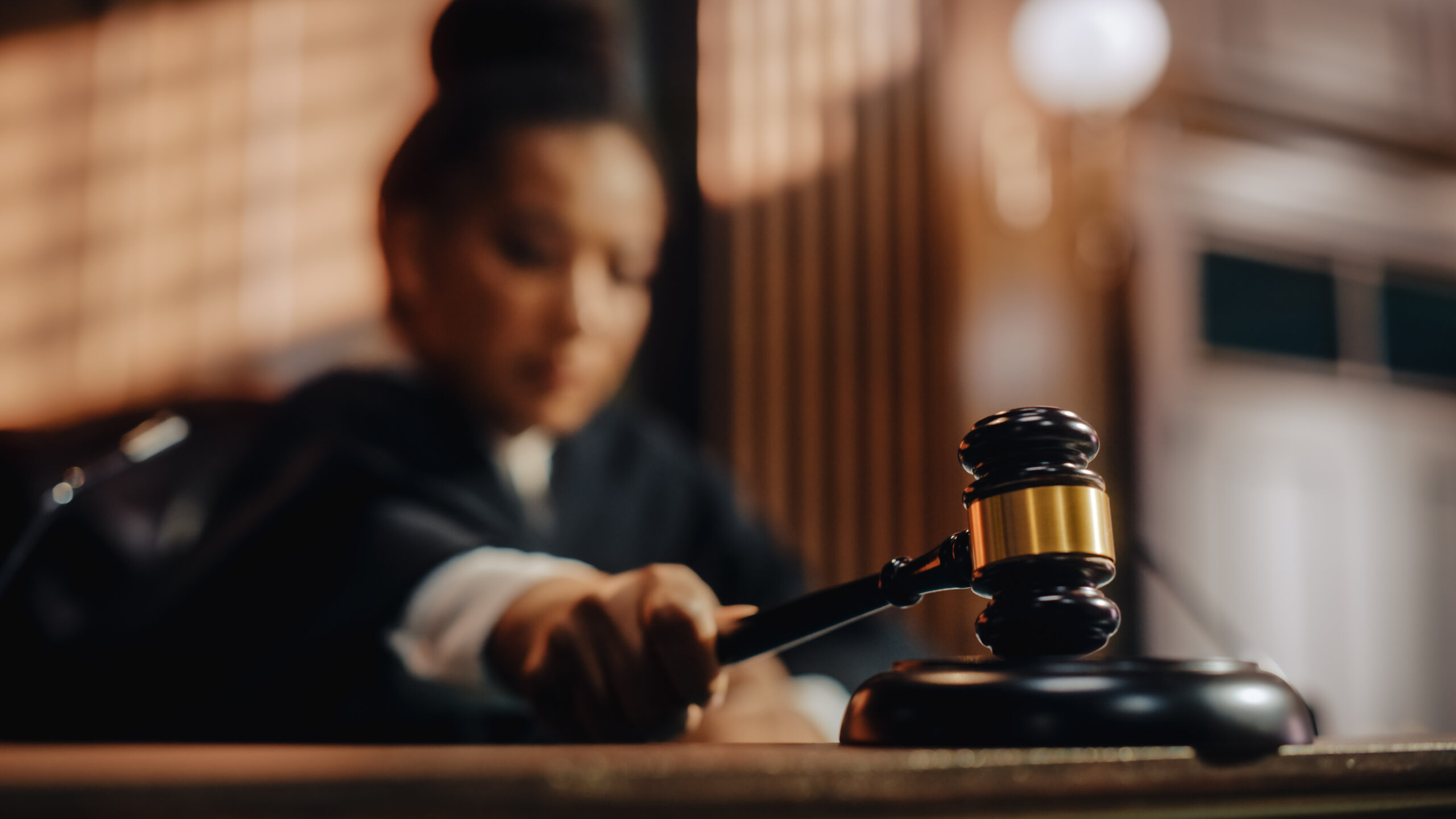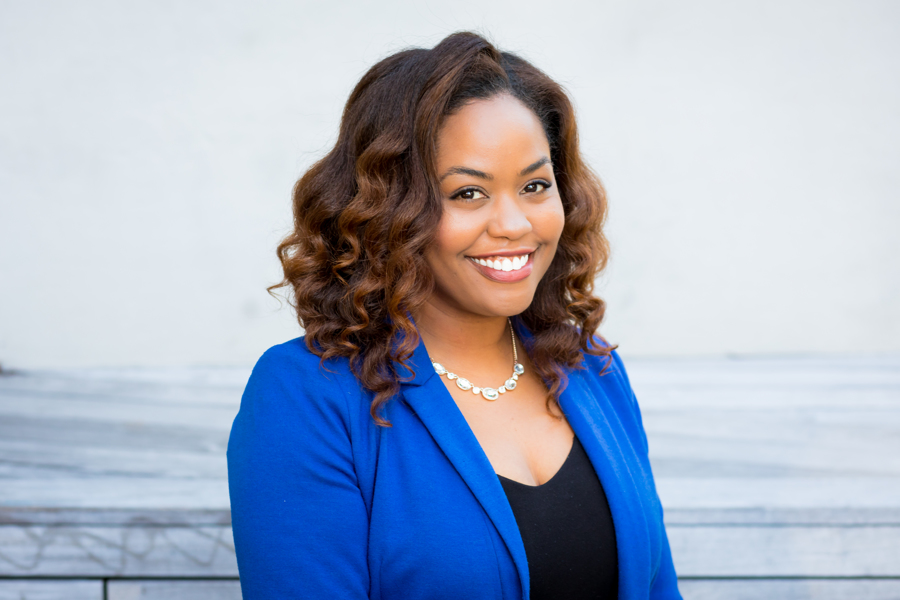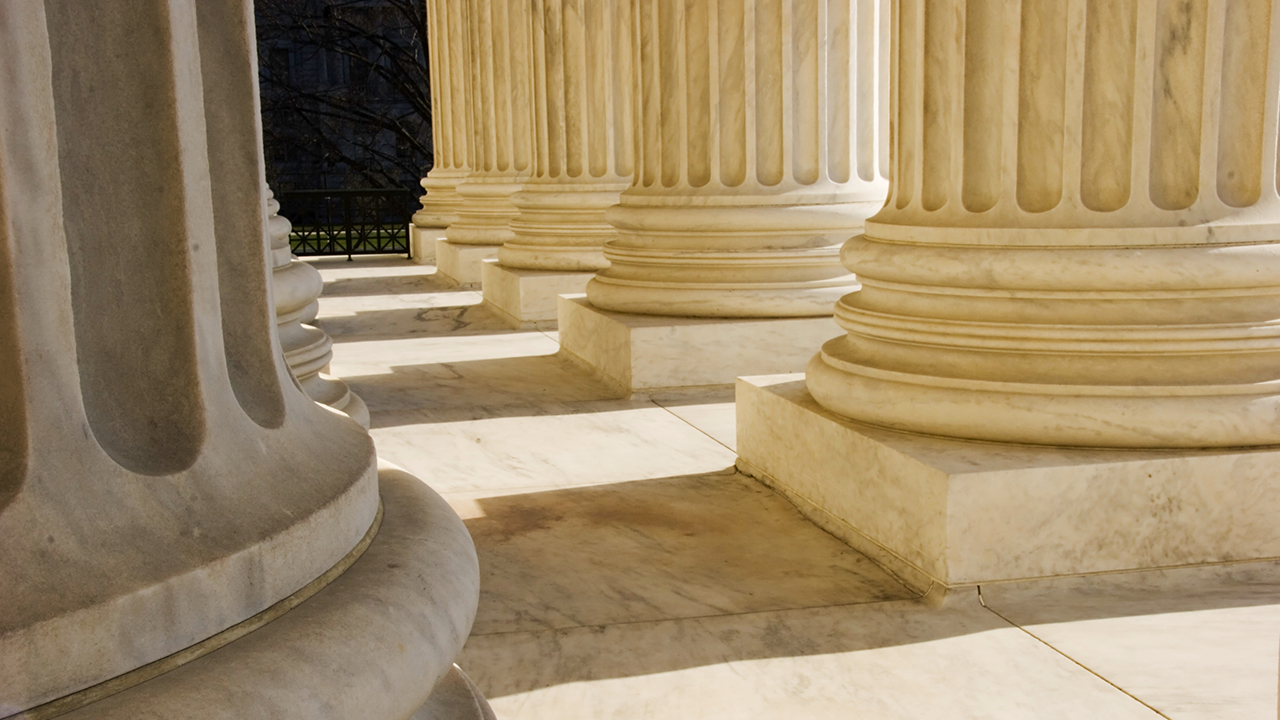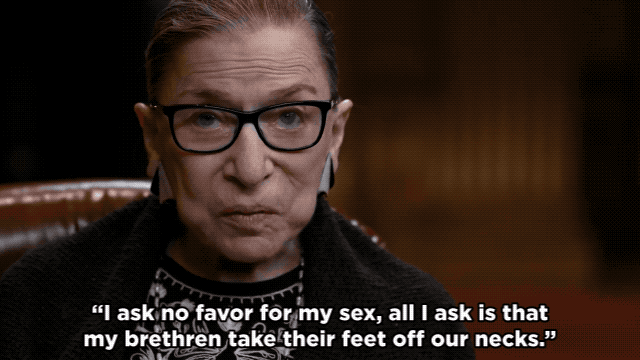Abortion rights, women of color, and LGBTQIA+ people are under attack. Pledge to join us in fighting for gender justice.
Diverse and Highly Qualified Women Are Improving Our Courts — and We Need More

Last week, the Senate confirmed civil rights lawyer Nicole Berner as the first openly LGBTQ person to ever serve on the U.S. Court of Appeals for the Fourth Circuit. Berner’s confirmation — strongly supported by civil rights, gender justice, LGBTQ rights, interfaith, and labor organizations — happened during Women’s History Month and represents the kind of critical progress we’ve seen during the Biden administration toward building an equal justice judiciary that works for all people.
We’ve been tracking this important progress closely. Together we lead The Leadership Conference on Civil and Human Rights’ Fair Courts Task Force, and for years we have been advocating for the selection, nomination, and confirmation of diverse and highly qualified individuals to our federal bench who are committed to civil and human rights.
During the Biden administration, this has included a tremendous number of women, many who come from areas of the legal profession — including civil rights and public defense — that are underrepresented on the federal bench. To date, the Senate has confirmed 190 lifetime judges — and 121 (nearly two-thirds) are women, including 78 women of color (more than 40 percent). At least 83 confirmed judges previously worked as a public defender or civil rights lawyer (or both) or otherwise dedicated a significant portion of their careers to protecting people’s civil and human rights — and three quarters of these confirmations are of women lifetime judges. This is significant and historic.
These confirmations also include the first Black woman to serve on the U.S. Supreme Court, the first three openly LGBTQ women to serve on federal appellate courts, the first Muslim woman and first Native Hawaiian woman to serve as lifetime judges, the first Latina lifetime judges to serve in several jurisdictions, and four Native American women who each made history when confirmed to their respective district courts. And there are so many more. It’s taken us a lot of time and effort to get to these historic appointments, and we cannot rest. Much more progress is needed to ensure all of our courts truly reflect and represent women, and all people, in the United States. Three federal district courts — the Western District of North Carolina, the District of North Dakota, and the Eastern District of Oklahoma — have only ever had men serving as lifetime judges. Six more district courts currently have no women serving as active judges in lifetime positions, though they have in the past. Soon, Judge Susan Bazis, a former public defender, will be the only — but not the first — woman serving as a lifetime judge on the District of Nebraska.
The professional and demographic diversity these judges bring to our federal courts matters. Our diverse nation needs fair-minded judges who reflect and bring to the bench the varied lived experiences of all of us. Demographic and professional diversity on our courts has been shown to increase public trust in the judiciary and improve judicial decision-making. More diverse courts include the perspectives of communities who have been traditionally excluded from our judiciary, and judges from different demographic and legal backgrounds infuse more viewpoints into judges’ deliberations. Diverse courts help communities trust that judicial decisions are fair to all of us and do not favor the powerful and wealthy.
With the future of our democracy at stake, this progress must accelerate in 2024. Every judicial seat matters for our communities, for our rights, and for our future. And we know that every vacancy that goes unfilled could be filled by a future president who does not believe in equal justice for all. Judicial nominees pending before the full Senate must be swiftly confirmed, and the president must continue to choose exceptional, diverse nominees — including additional incredible women — who are committed to civil and human rights to fill all judicial vacancies.
The confirmation of phenomenal and diverse women who are committed to the rights of all of us means that our federal judiciary is finally beginning to better reflect and represent the vast and rich diversity of our nation. Our Fair Courts Task Force has worked for decades in support of an equal justice judiciary, and we will continue to work alongside all people in America who are fighting for a future where every single judge is committed to achieving the promise inscribed on the Supreme Court: “Equal Justice Under Law.”
Marge Baker is executive vice president of People For the American Way. Erinn D. Martin is director of nominations & cross-cutting policies at the National Women’s Law Center. Lena Zwarensteyn is senior director of the fair courts program at The Leadership Conference on Civil and Human Rights. PFAW and NWLC are co-chairs of The Leadership Conference’s Fair Courts Task Force.





